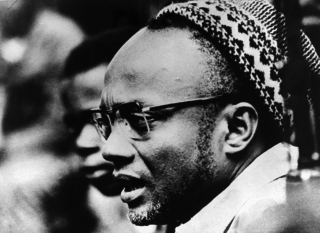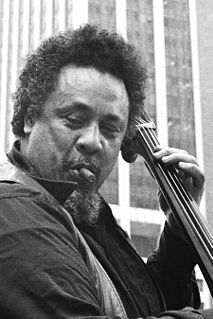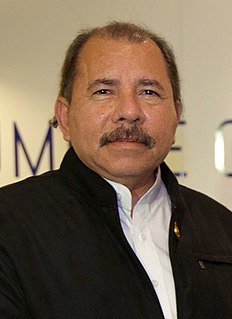A Quote by bell hooks
Feminism is a struggle to end sexist oppression. Therefore, it is necessarily a struggle to eradicate the ideology of domination that permeates Western culture on various levels.
Related Quotes
In order for me to engage in a revolutionary struggle for collective Black self-determination, I have to engage feminism because that becomes the vehicle by which I project myself as a female into the heart of the struggle, but the heart of the struggle does not begin with feminism. It begins with an understanding of domination and with a critique of domination in all its forms.
The struggle to end sexist oppression that focuses on destroying the cultural basis for such domination strengthens other liberation struggles. Individuals who fight for the eradication of sexism without struggles to end racism or classism undermine their own efforts. Individuals who fight for the eradication of racism or classism while supporting sexist oppression are helping to maintain the cultural basis of all forms of group oppression.
It is obvious that many women have appropriated feminism to serve their own ends, especially those white women who have been at the forefront of the movement; but rather than resigning myself to this appropriation I choose to re-appropriate the term “feminism,” to focus on the fact that to be “feminist” in any authentic sense of the term is to want for all people, female and male, liberation from sexist role patterns, domination, and oppression.
A people who free themselves from foreign domination will be free culturally only if,
without complexes and without underestimating the importance of positive accretions from
oppressor and other cultures, they return to the upward paths of their own culture, which is
nourished by the living reality of its environment, and which negates both harmful influences
and any kind of subjection to foreign culture. Thus, it may be seen that if imperialist
domination has the vital need to practice cultural oppression, national liberation is necessarily
an act of culture
The fact that we have not had a terrorist attack in this country in the last six years is not a cause for complacency or a time to celebrate the end of the struggle. The threat is not going away. The enemy has not lost interest. ...Fundamentally, we're in a struggle about ideology. Terrorists want to remake the world in their own image and it is the image that is intolerant of the kinds of institutions that we cherish.
It is okay to be at a place of struggle. Struggle is just another word for growth. Even the most evolved beings find themselves in a place of struggle now and then. In fact, struggle is a sure sign to them that they are expanding; it is their indication of real and important progress. The only one who doesn't struggle is the one who doesn't grow. So if you are struggling right now, see it as a terrific sign - celebrate your struggle.





























